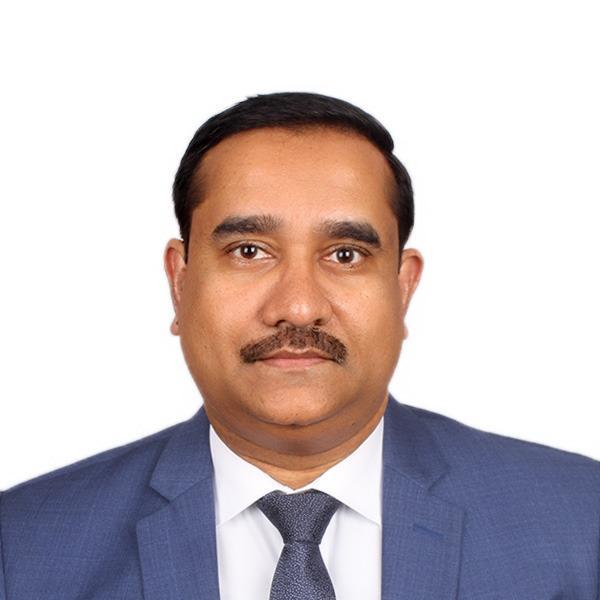A data center expert, Dr. Krishnan Ranganath has highlighted key areas for focus in the coming years to ensure sustainable growth in Nigeria’s data center industry, which is experiencing a surge, driven largely by government policies and a growing demand for digital services.
Dr. Krishnan Ranganath, Regional Executive – West Africa at the Africa Data Centres, spoke to Journalists on the sideline at the recently held IOT West Africa & Data Center & Cloud Expo Africa in Lagos.
He said while Africa currently relies heavily on distant data centers, Nigeria is emerging as a regional hub. He believes this status is presently attracting global players seeking to serve African clients while complying with data residency regulations.
“Despite this progress, a crucial challenge lies in developing a robust inland fiber network. Building data centers is one step, but affordable internet connectivity across the country is essential,” he explained.
Dr. Krishnan, who featured as a panelist in one of the sessions during the 3-day event advised that industry leaders should emphasize the need for a two-pronged approach: establishing inland fiber at reasonable costs and fostering an edge data center ecosystem in various regions. “This will not only distribute data storage but also create jobs and cultivate skilled professionals,” he stated.
Several reports have predicted a substantial rise in demand for data centers across Africa, with Nigeria positioned as a future leader. This growth hinges on leveraging Nigeria’s population and the numerous submarine cables landing there.
Meanwhile, the current concentration of data centers in Lagos and Abuja raises the question of attracting them to other regions. Dr. Krishnan suggests collaboration among existing players, with each establishing facilities in different geopolitical zones as an initial step.
Commenting on the criticality of data centers in the digital age, he noted that data centers, housing sensitive national data should be considered essential infrastructure that must warrant government recognition.
According to him, disruptions to these facilities, due to natural disasters, cyberattacks, or human error, can have severe cascading effects. Thus, protecting them requires a skilled workforce capable of identifying and mitigating such risks.
This responsibility should be shared. While the government establishes policies, the private owners implement robust security measures. Public awareness is also key in safeguarding these vital assets.


